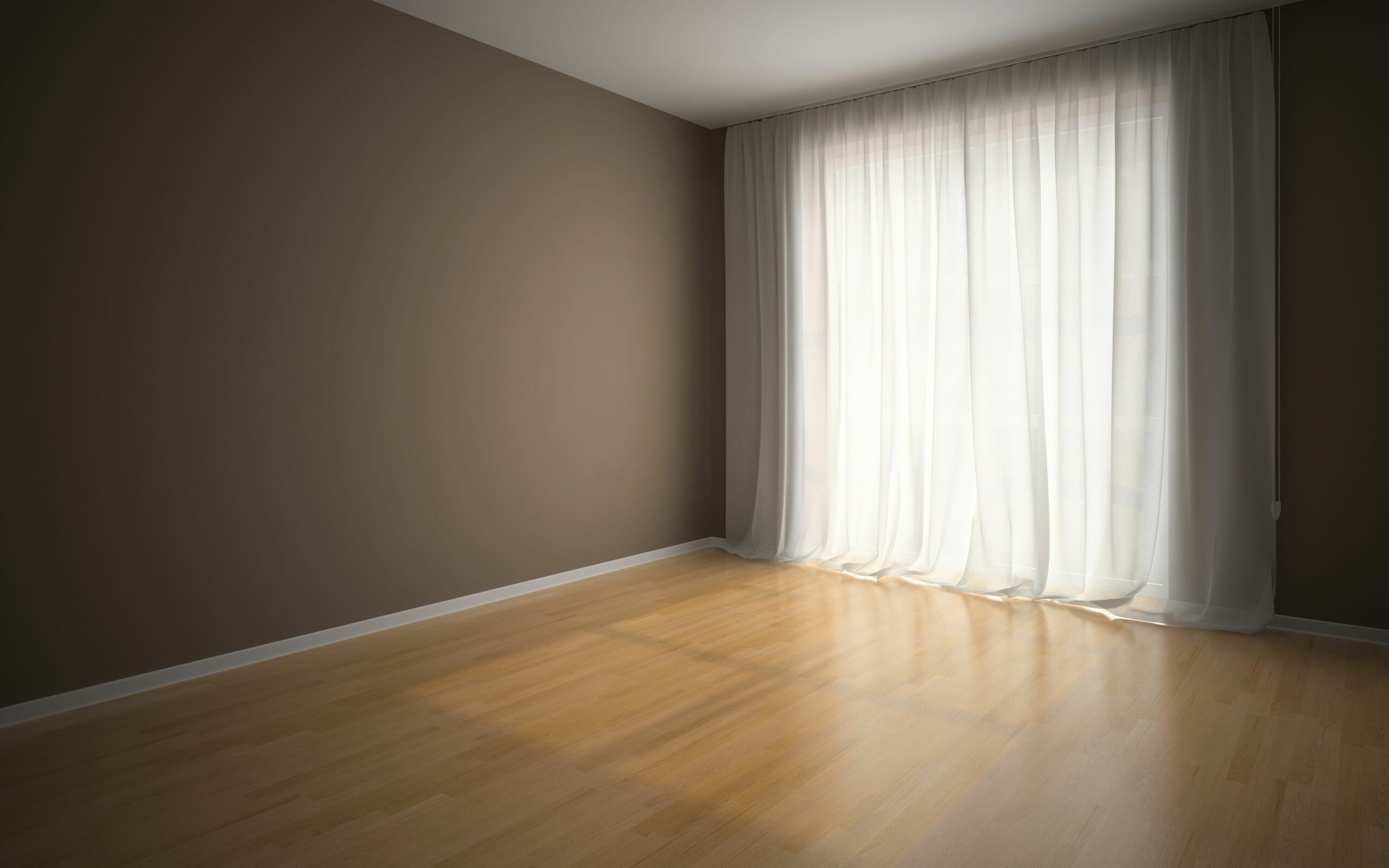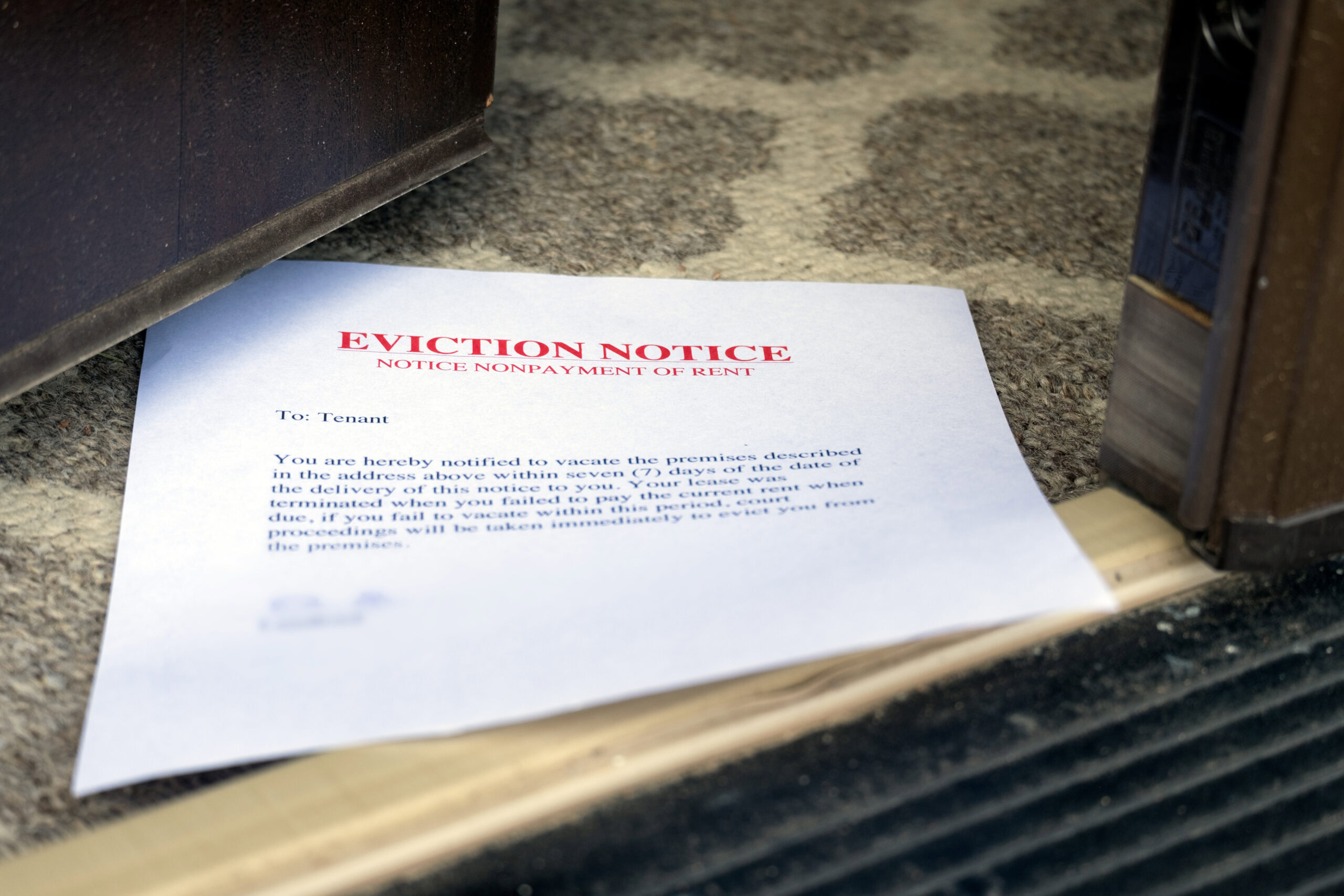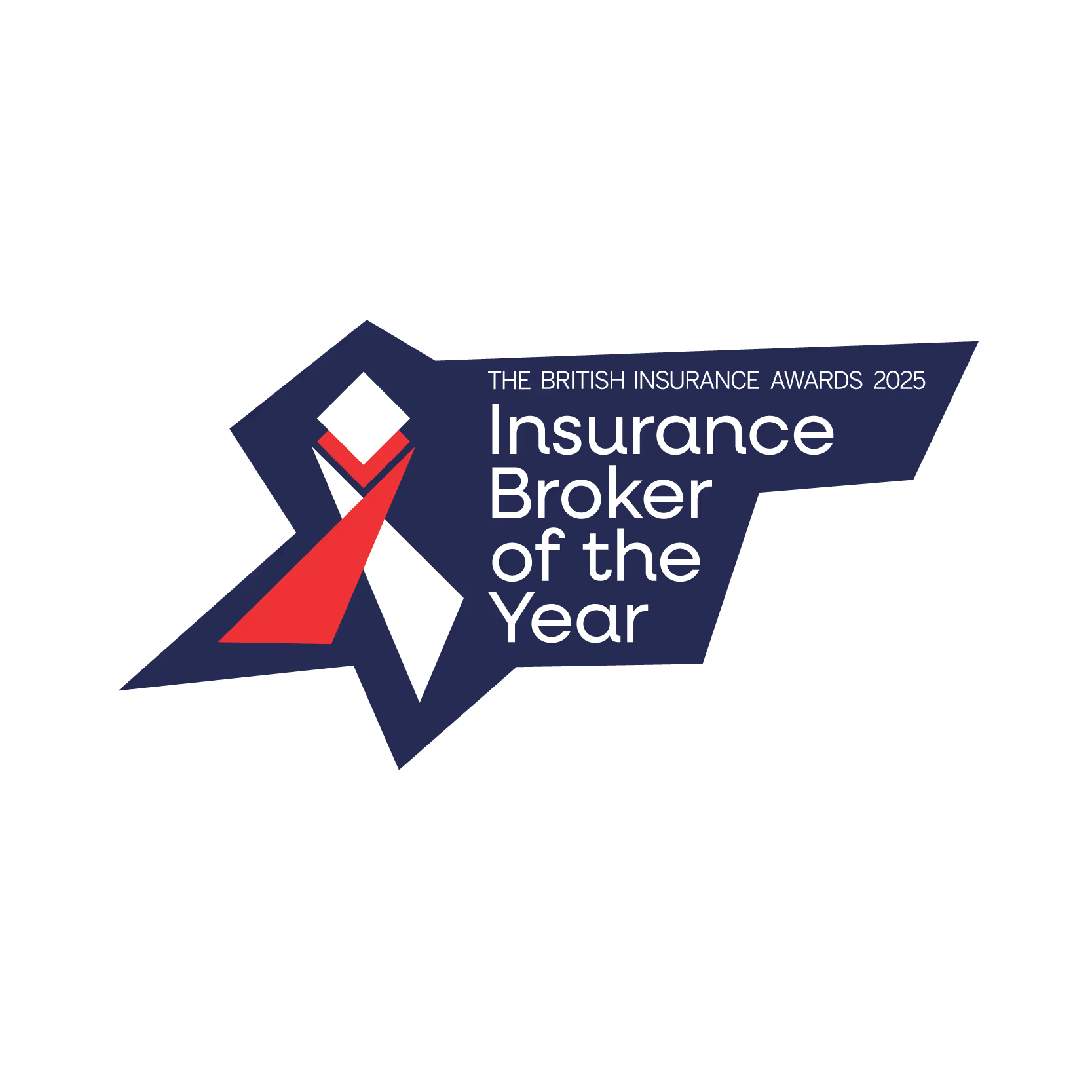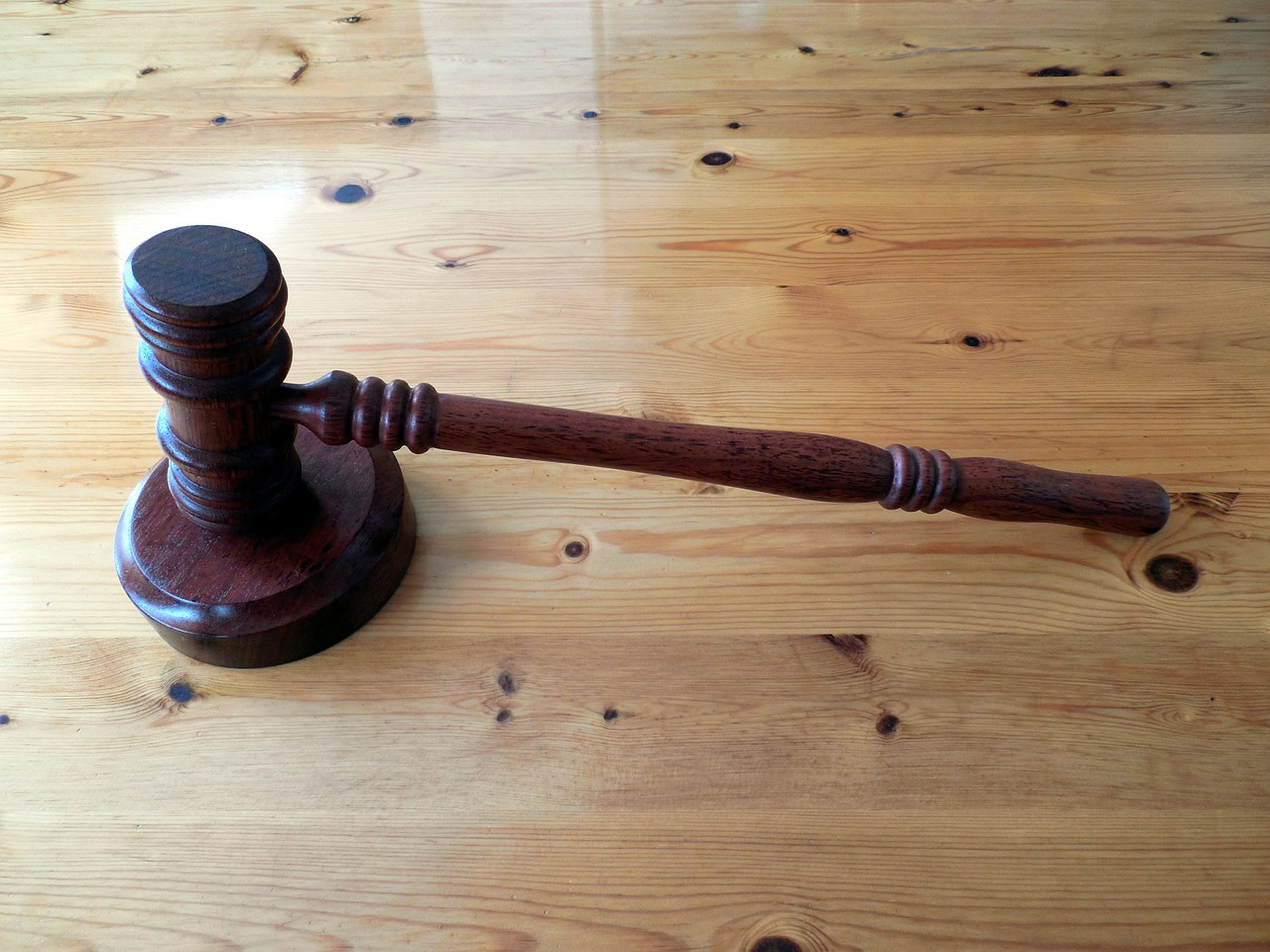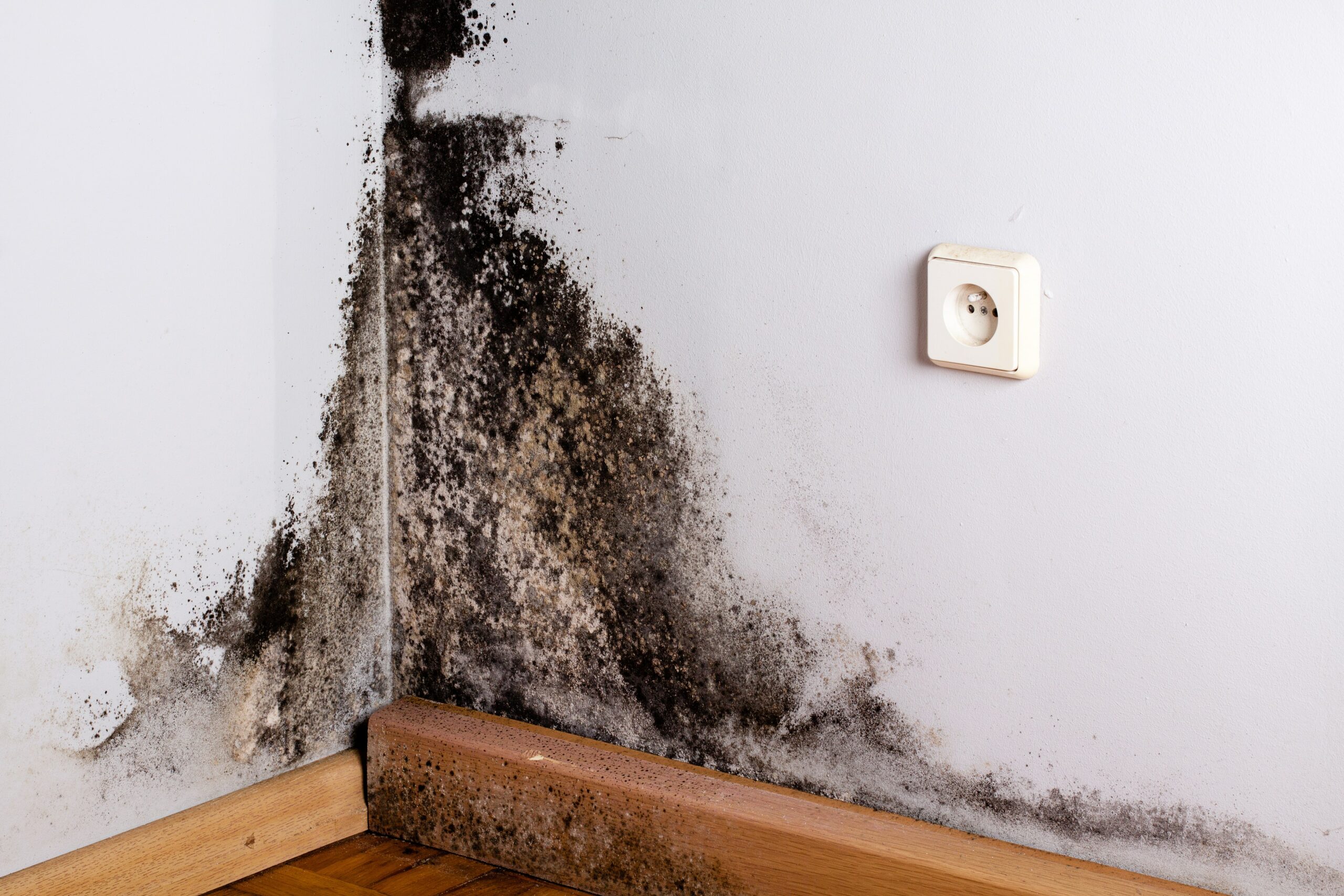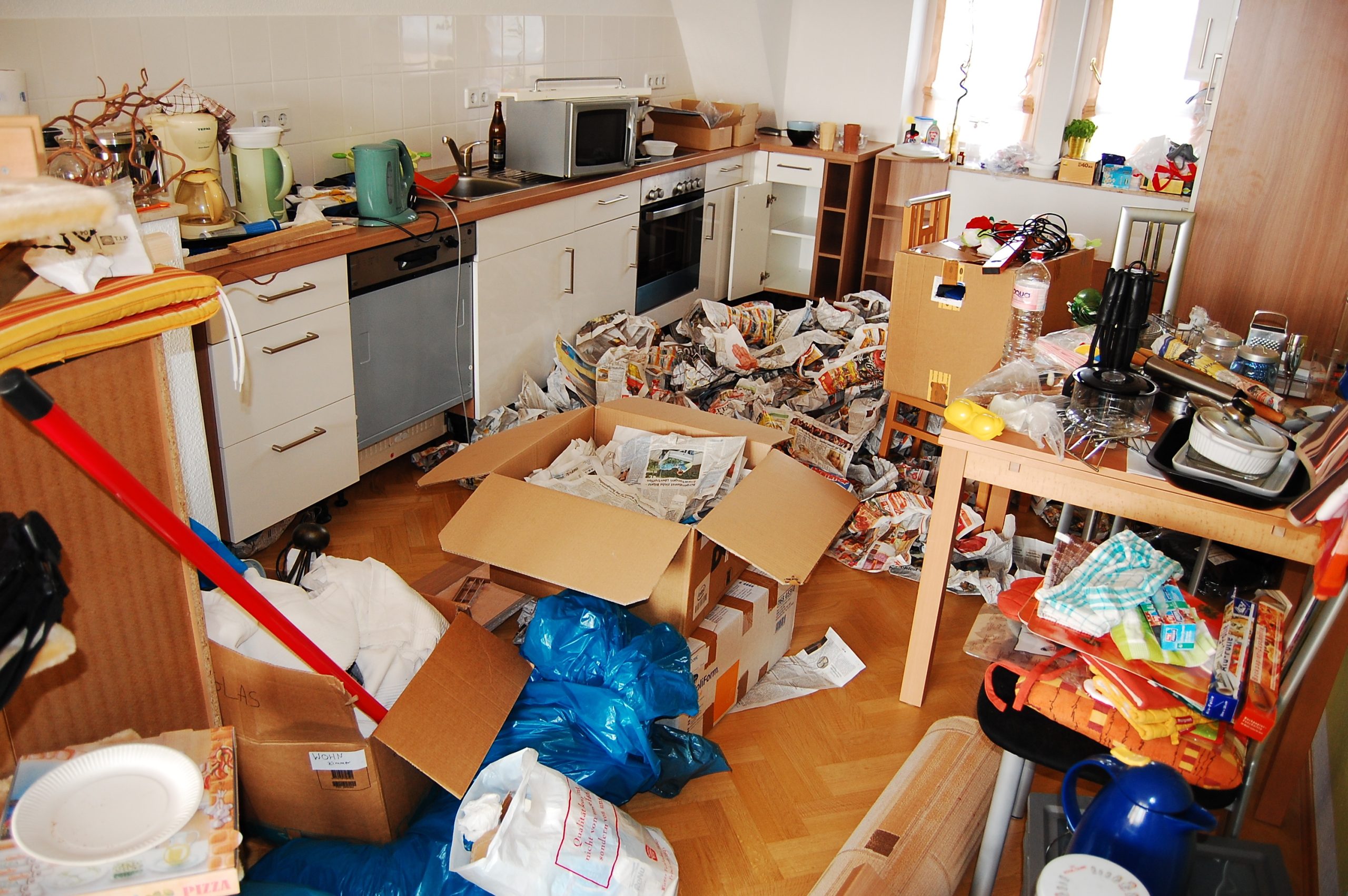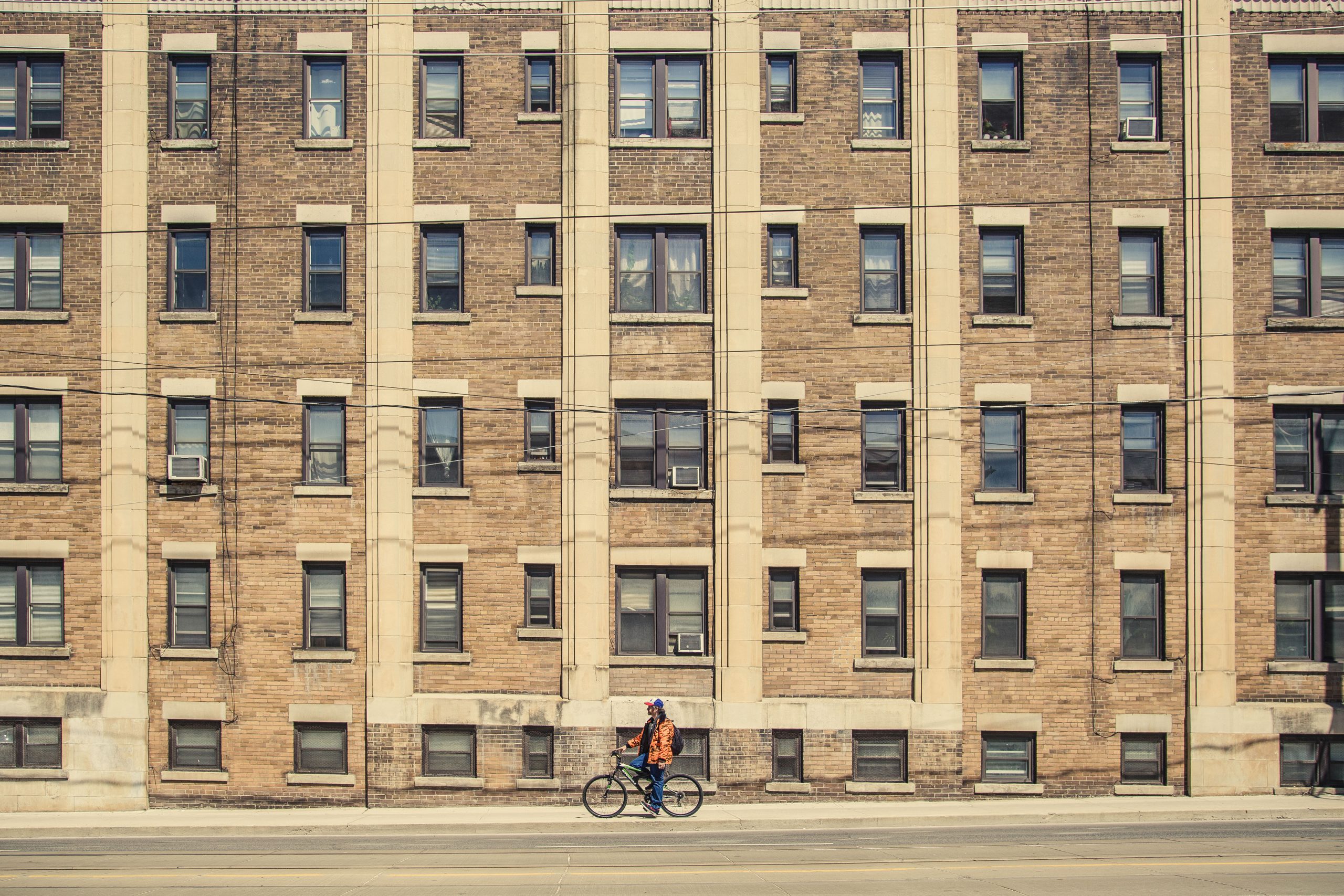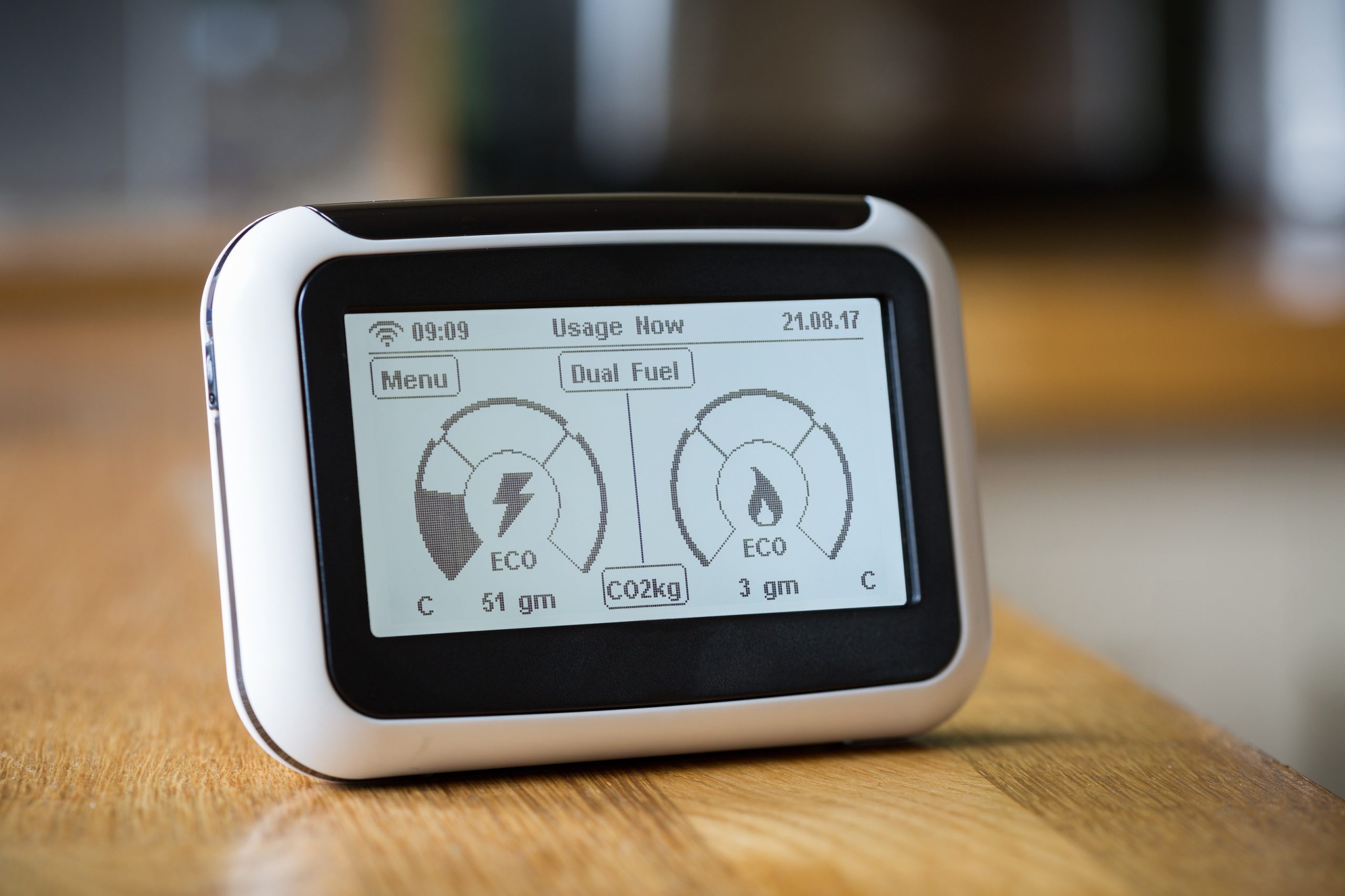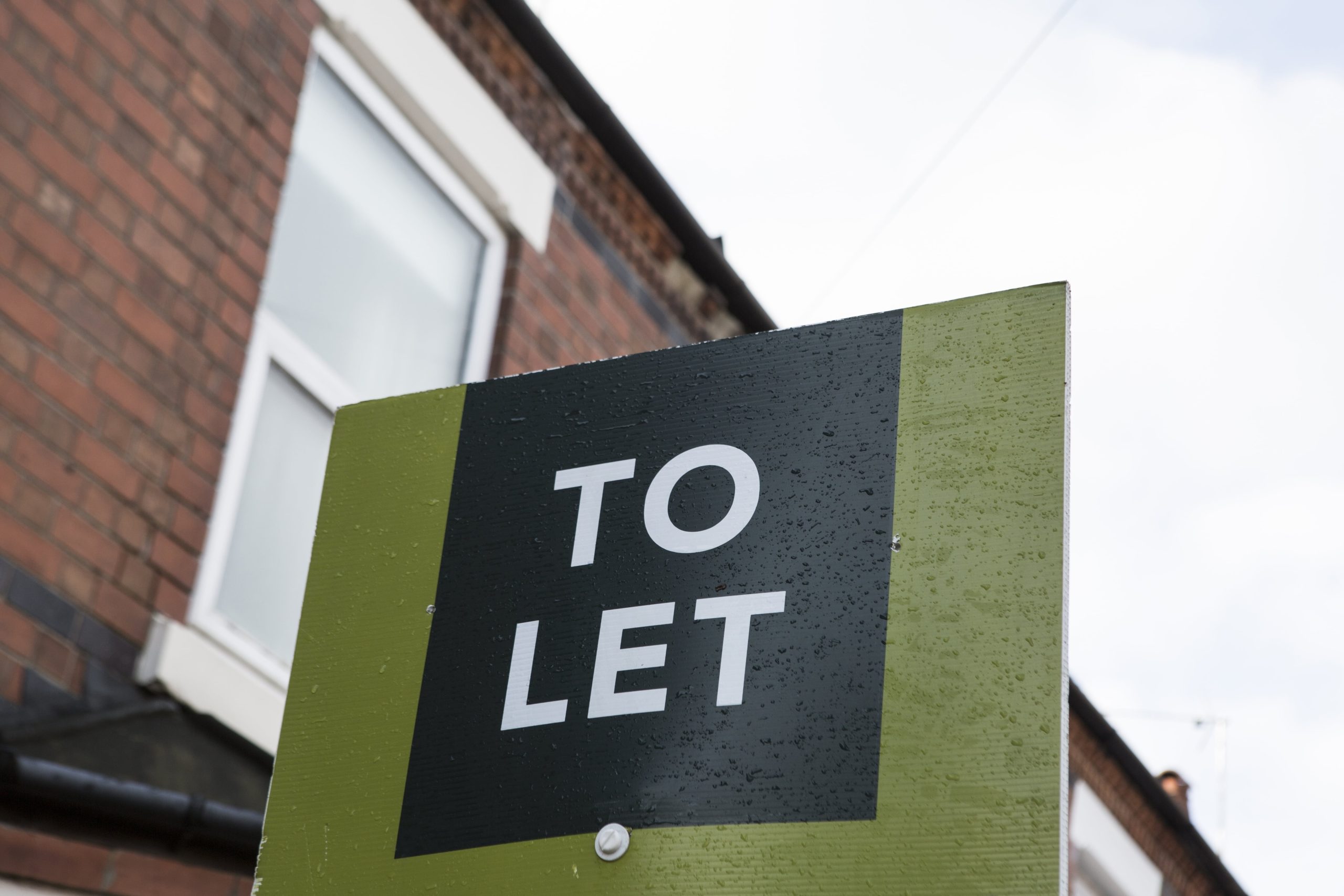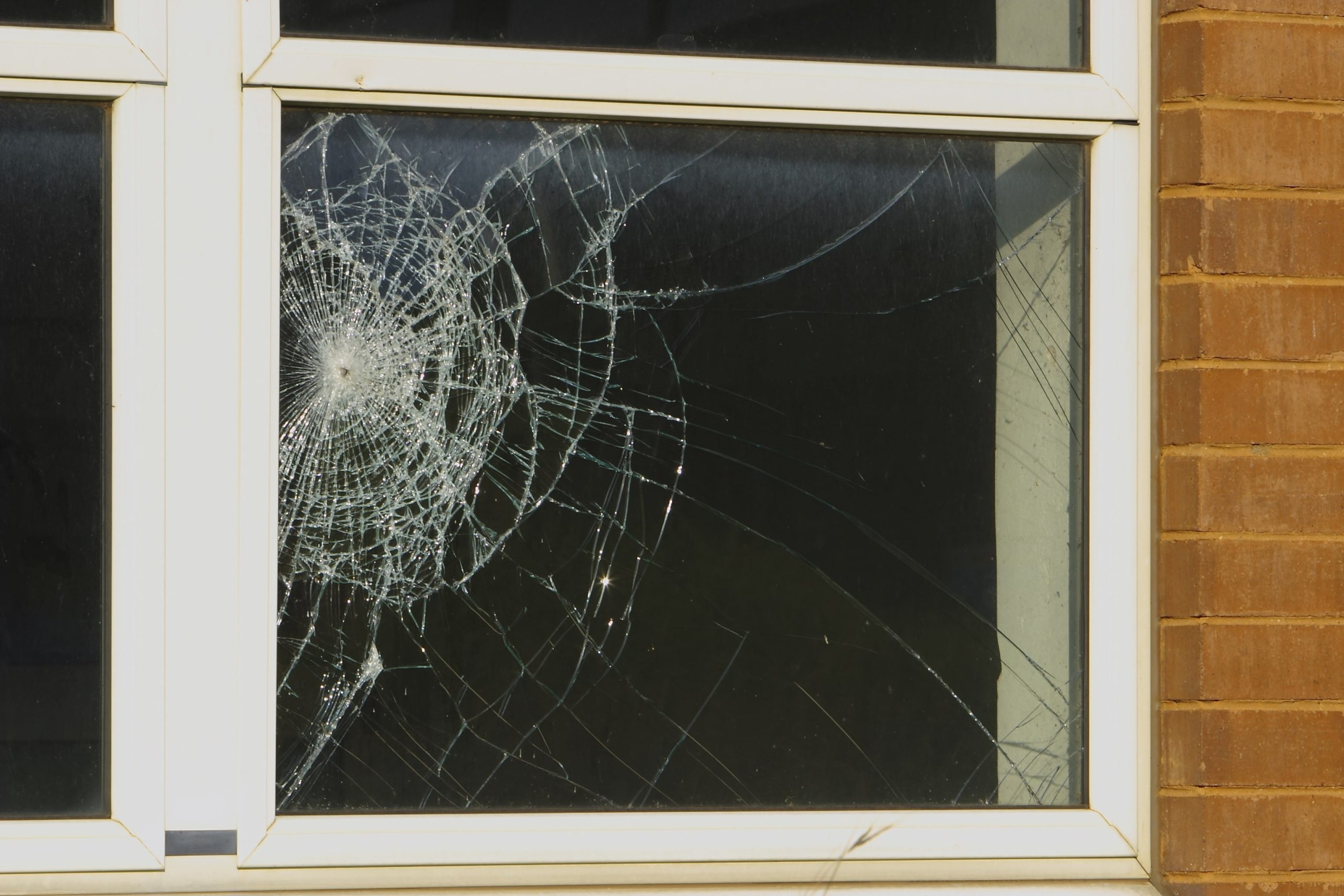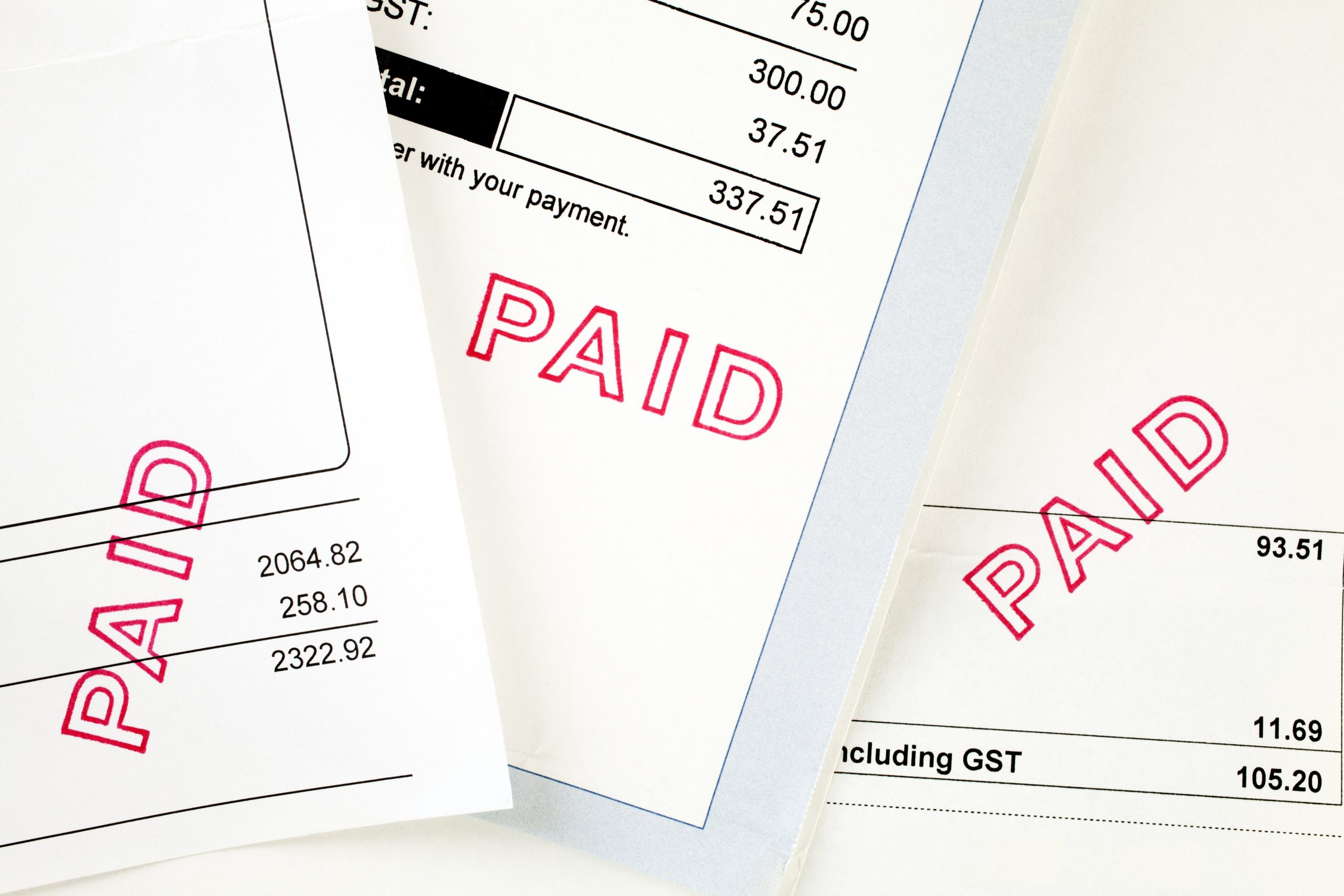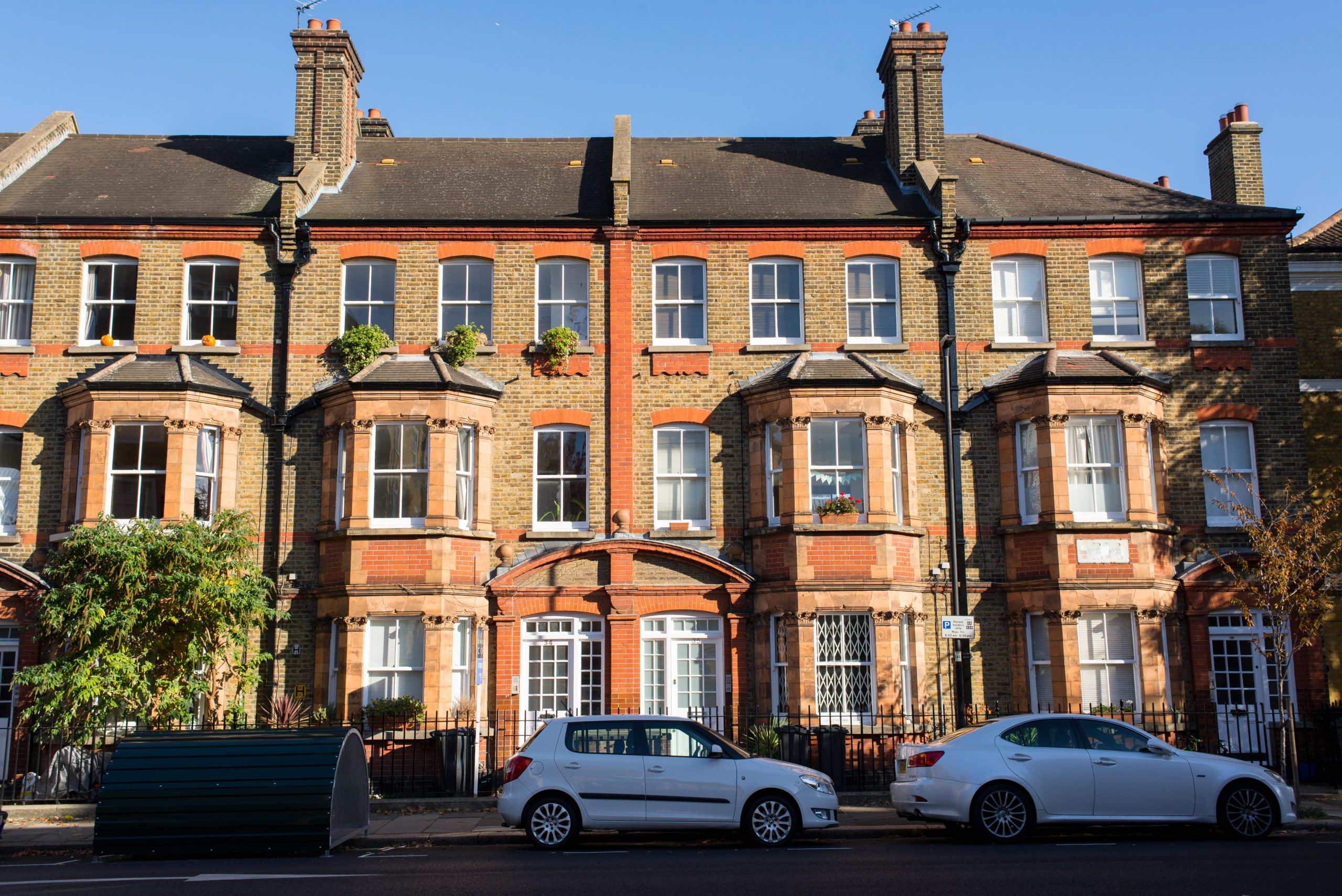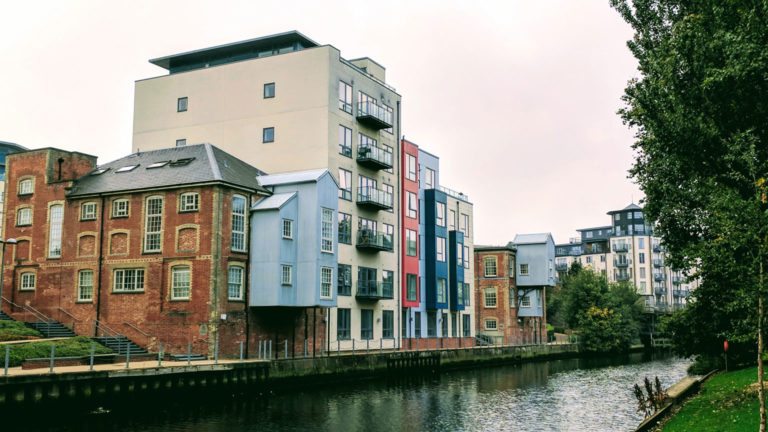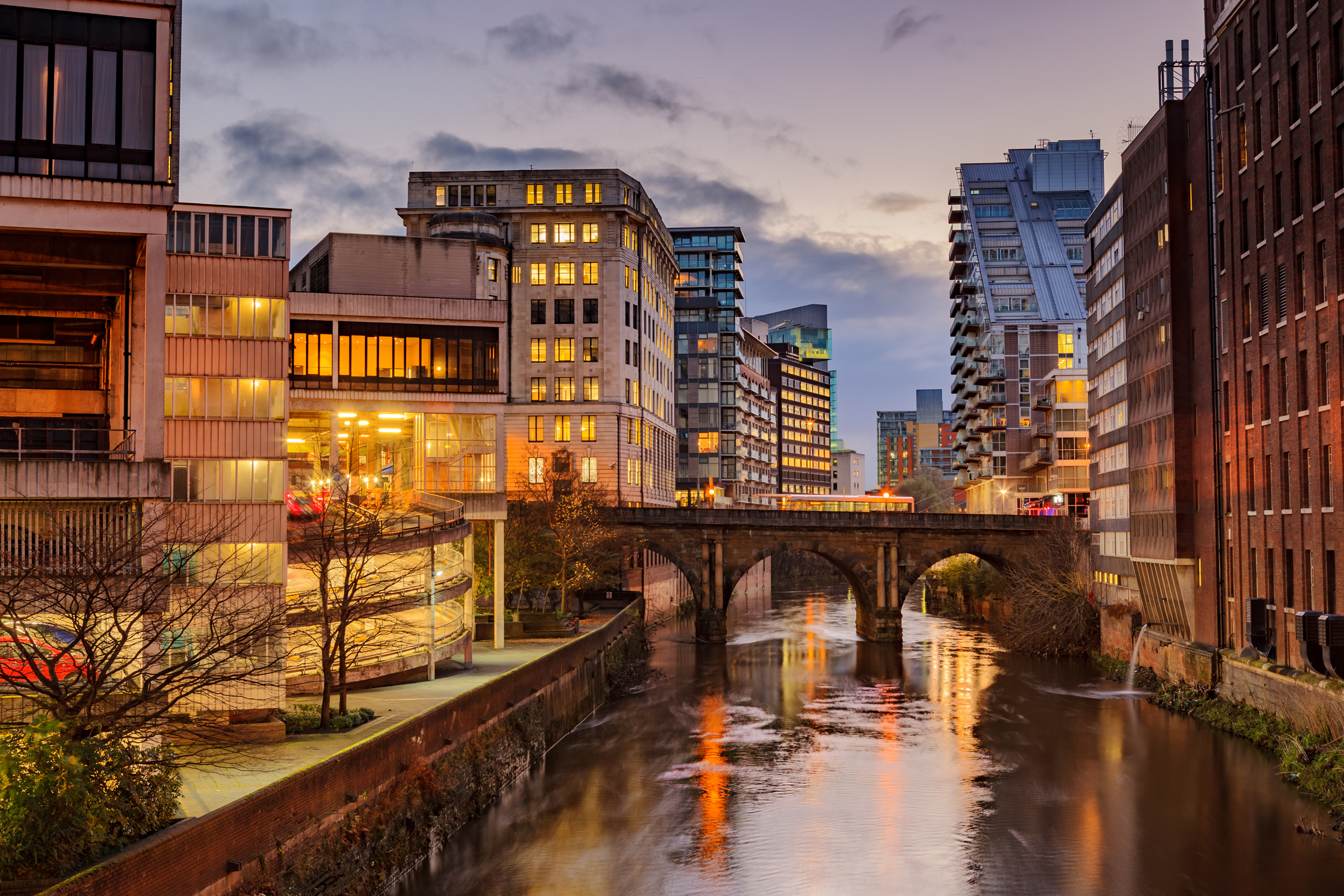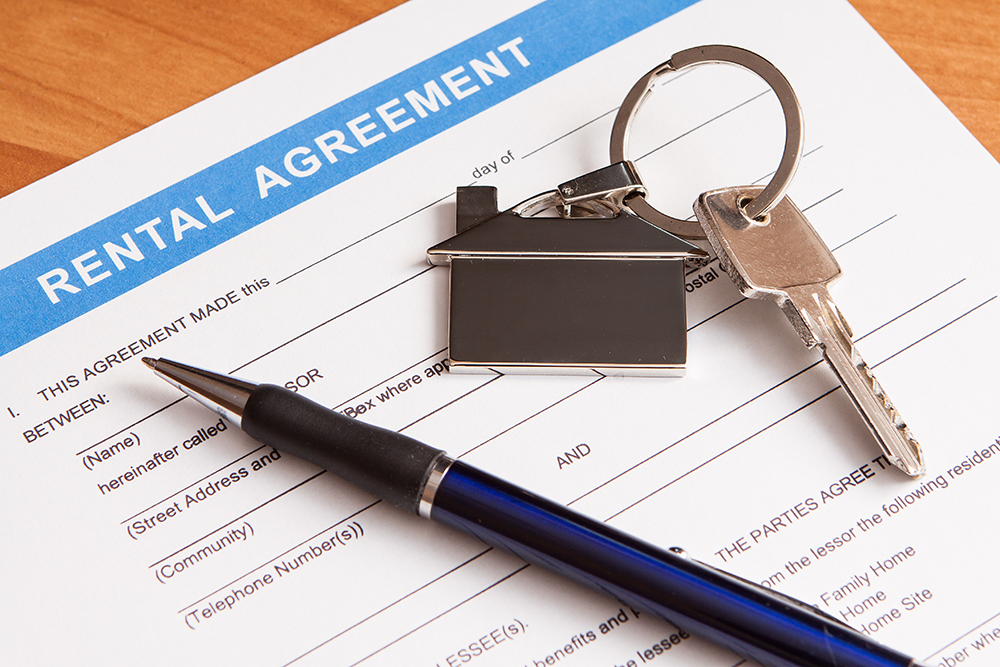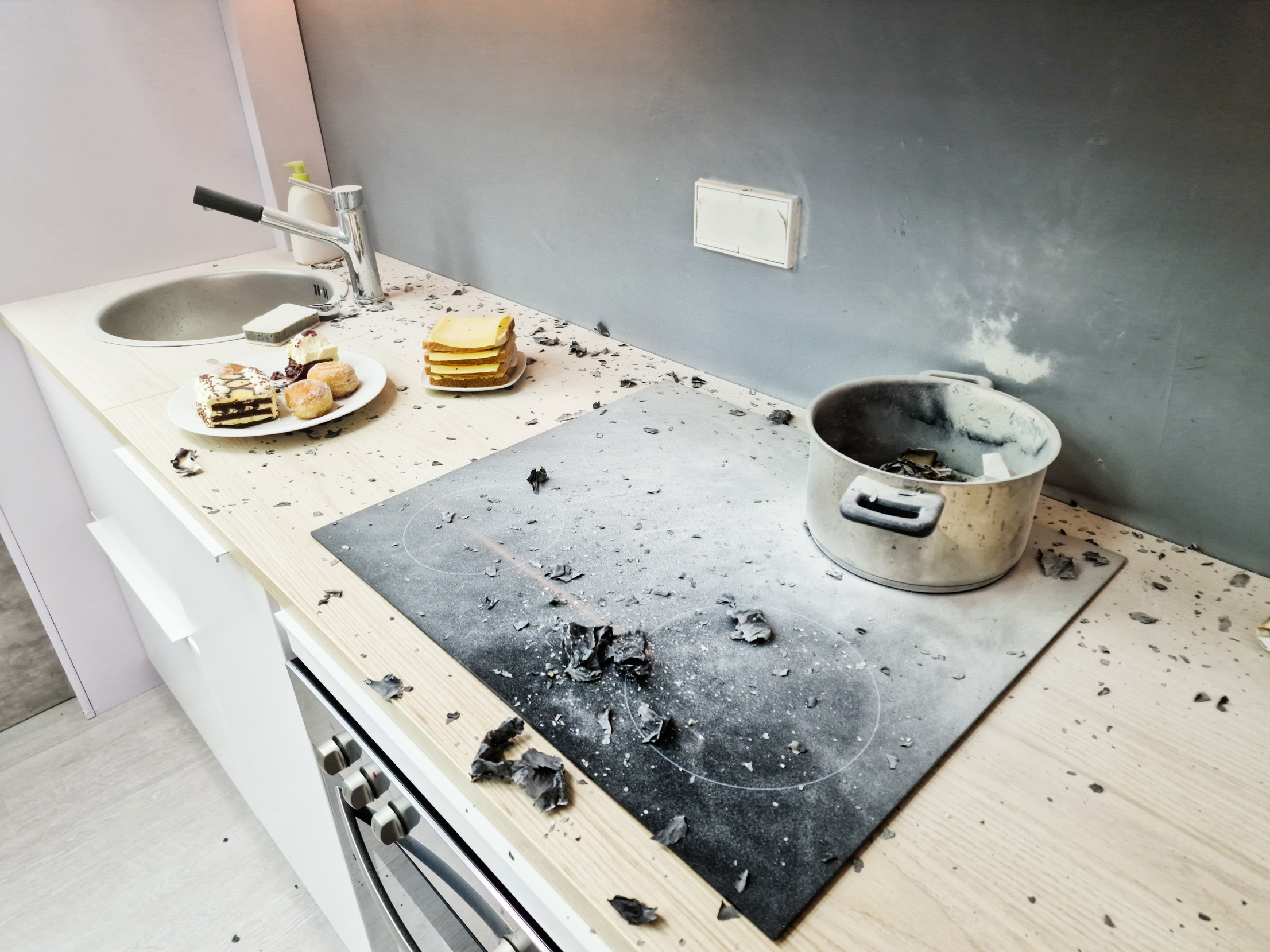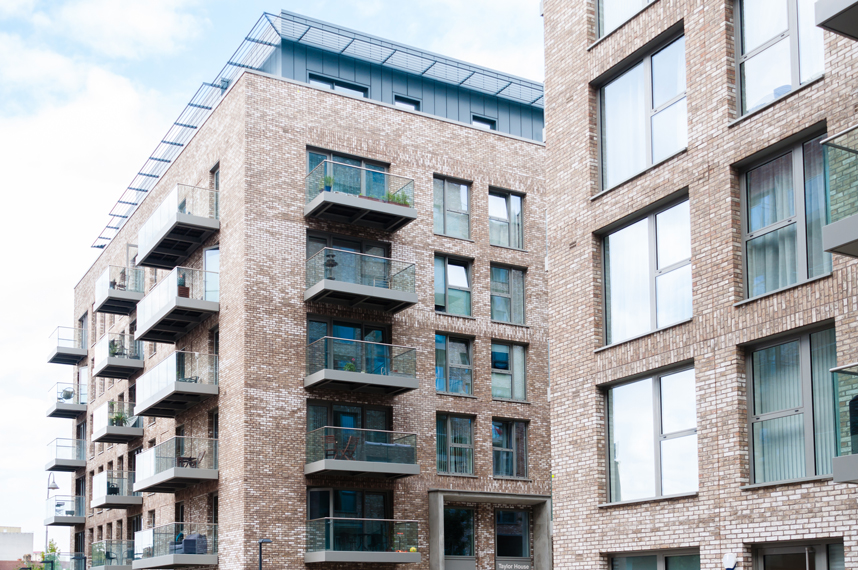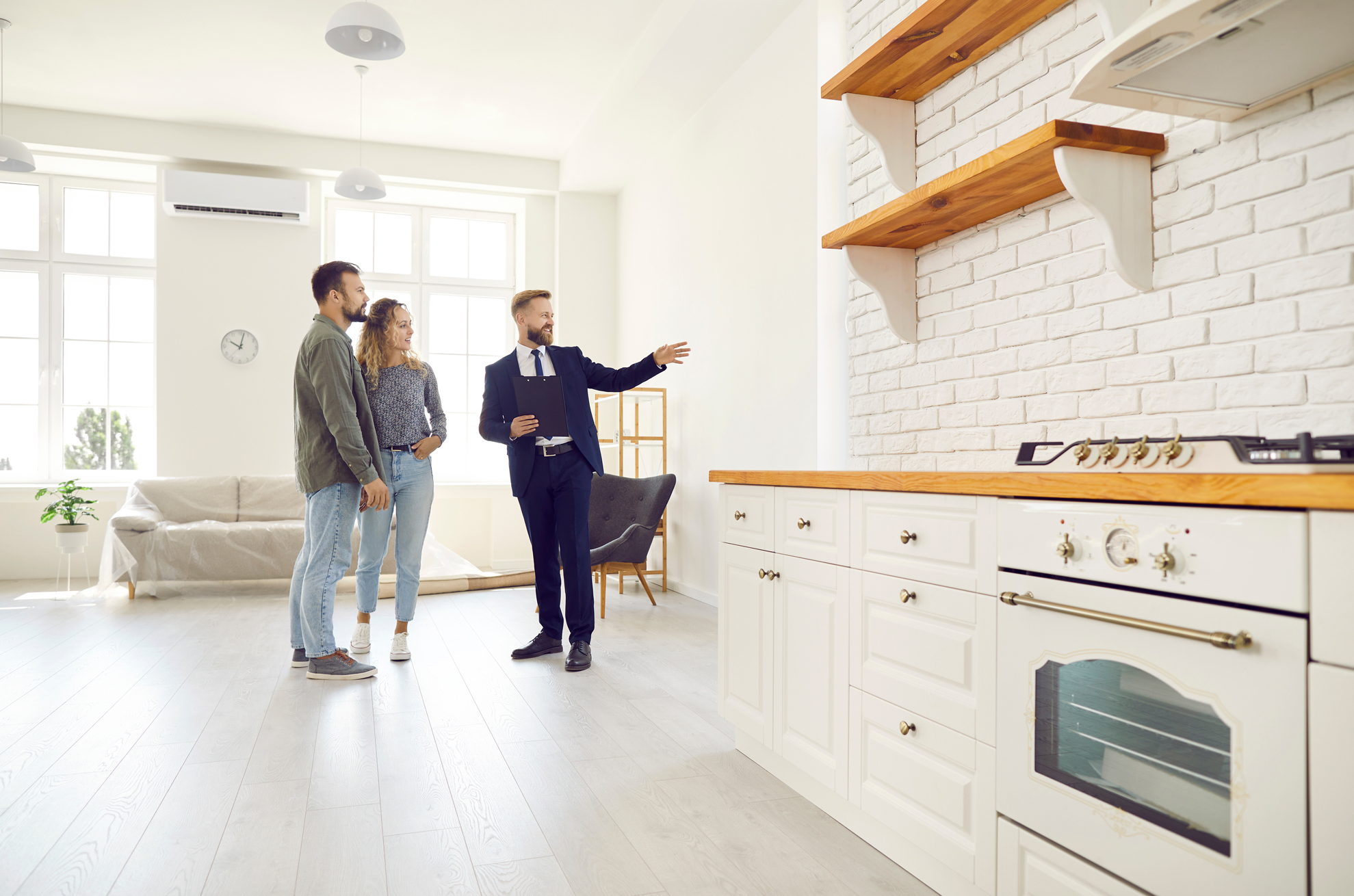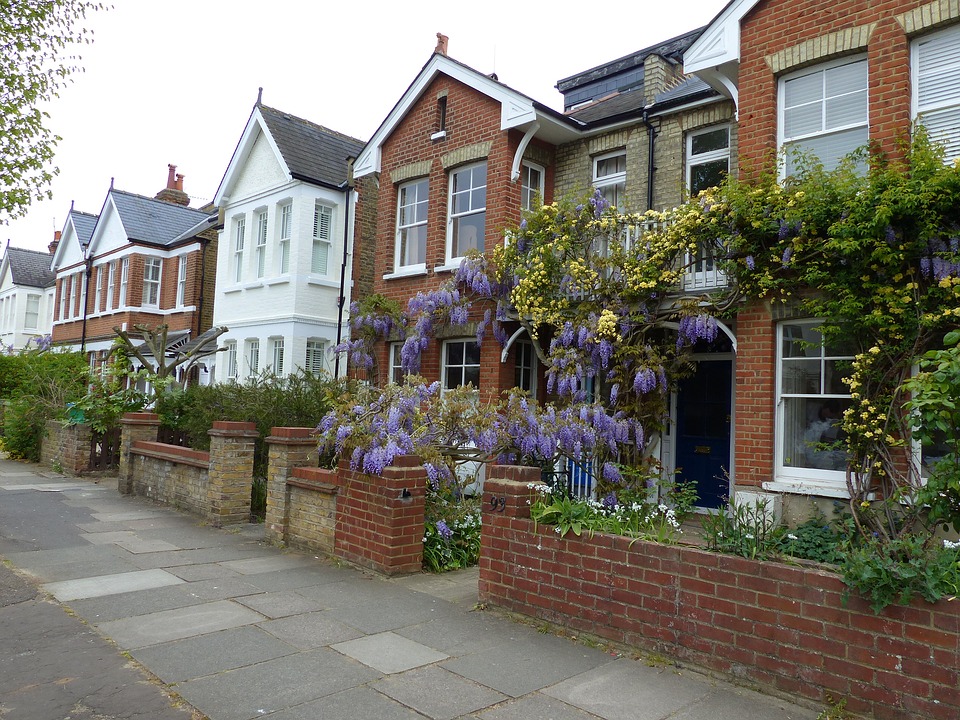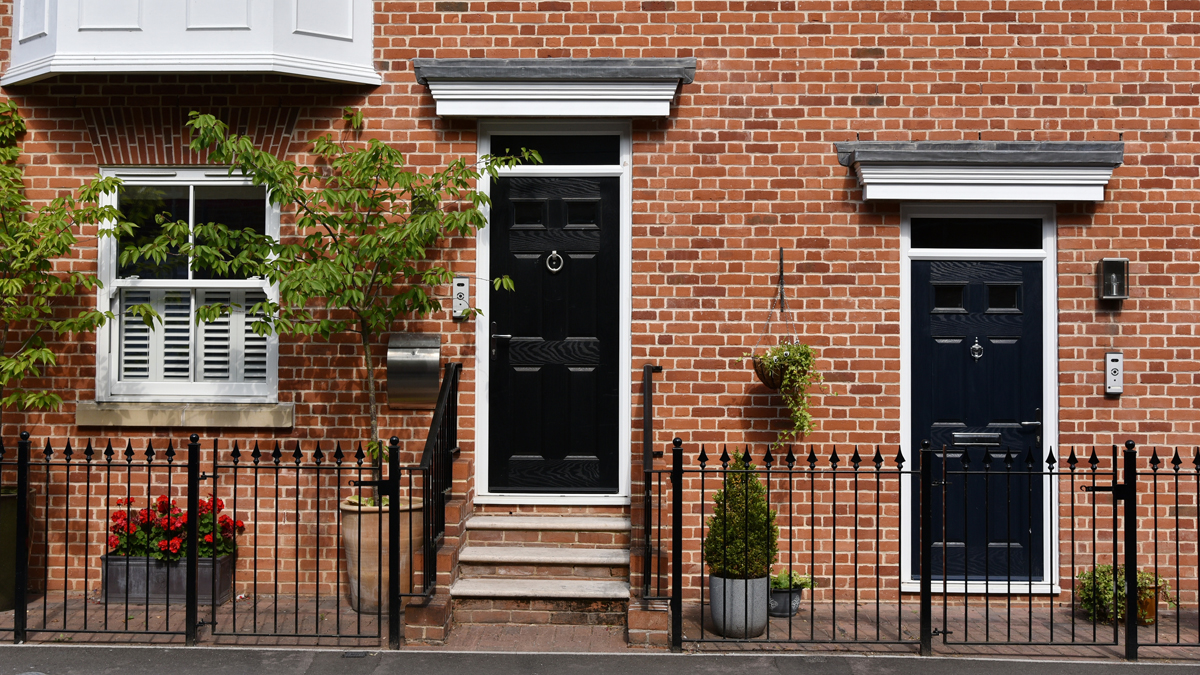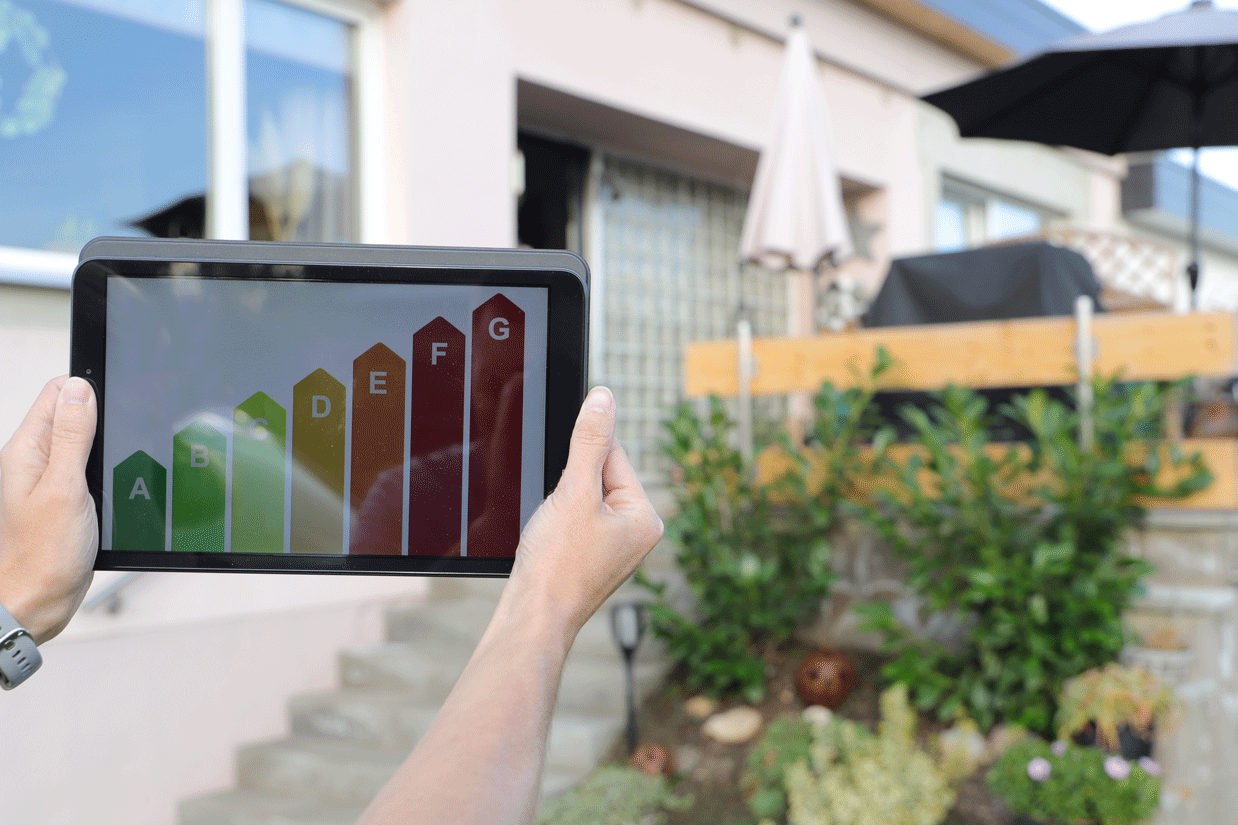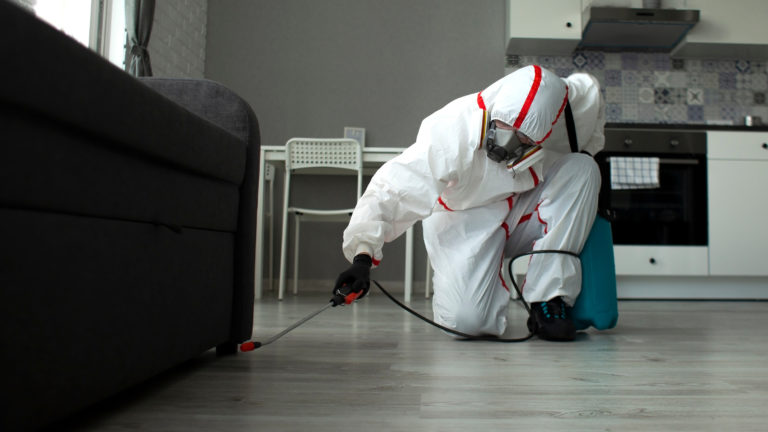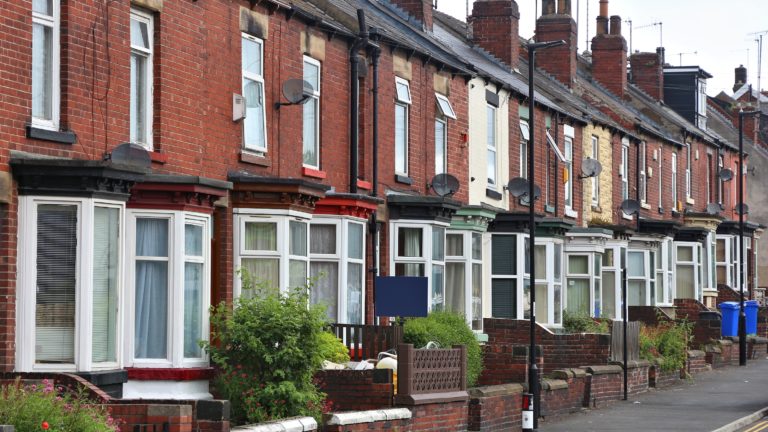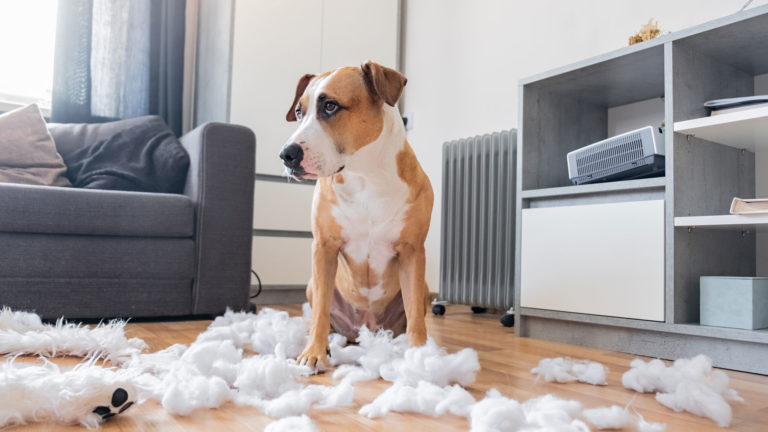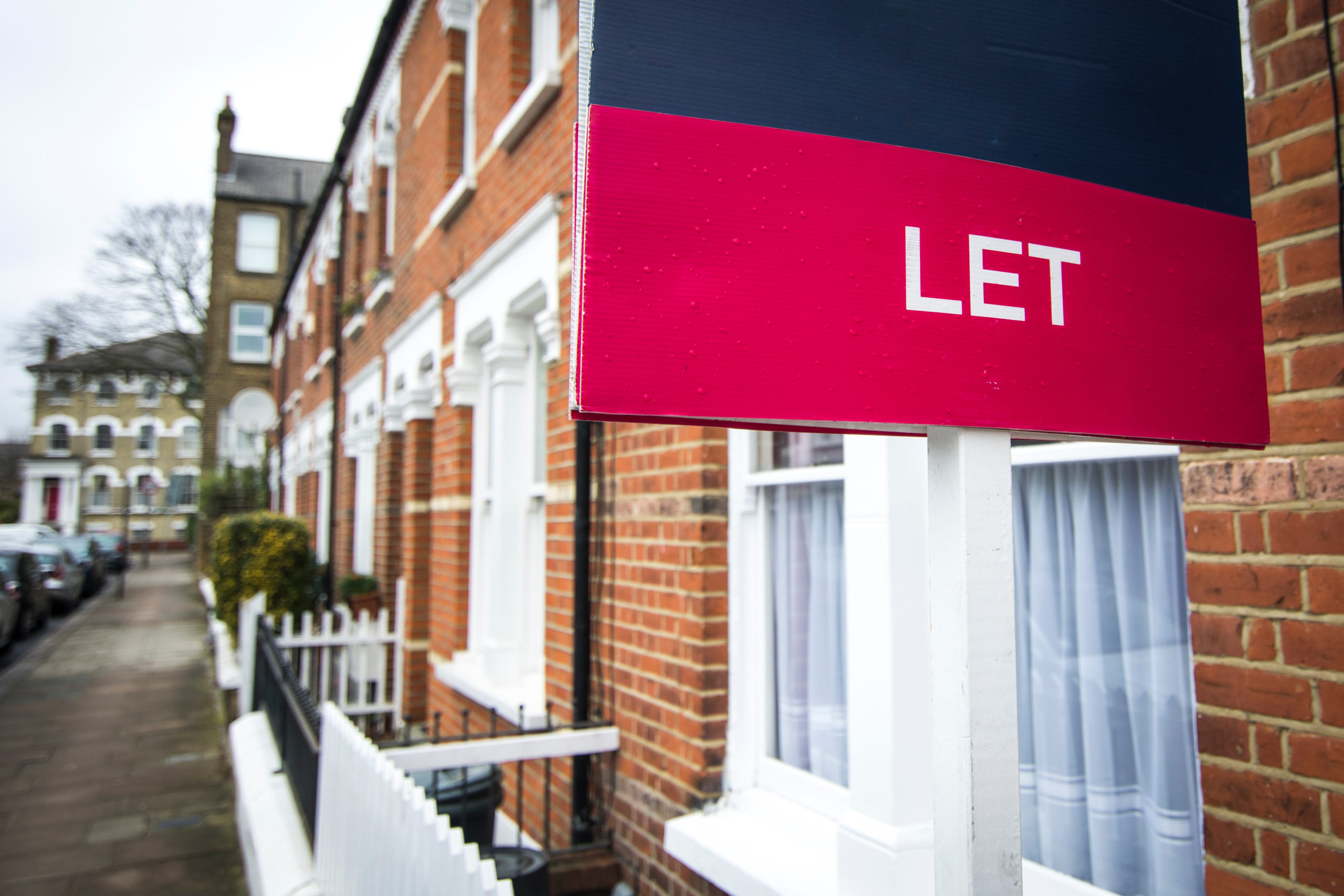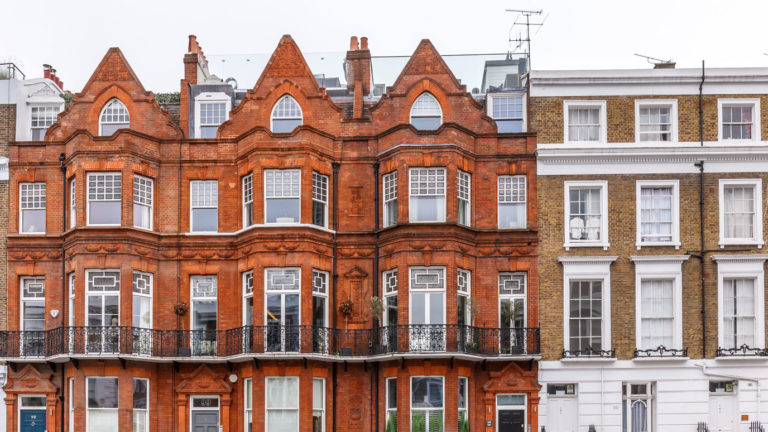Landlords need to make sure their rental properties comply with relevant fire safety regulations. However, the rules can vary depending on which part of the UK your properties are. In this article, we examine the different regulations that apply to properties.
Mandatory fire safety responsibilities for residential landlords
If you are a residential landlord, your mandatory fire safety responsibilities include:
- Carrying out required gas and electrical safety checks
- Checking appliances have a British or European safety mark
- PAT testing portable appliances every year
- Carrying out a fire risk assessment
- Making sure there are escape routes and your tenant knows to keep access clear
- Checking furnishings provided meet fire safety standards
- Fitting smoke detectors on every floor
- Installing a carbon monoxide alarm in any room where solid fuel is burned
- Making sure all doors to the outside can be opened from within the property
- Providing fire extinguishers, fire blankets, and a fire alarm in HMOs
Electrical safety obligations in England
You must have your properties’ electrical systems inspected by a qualified electrician at least every five years. They will give you an Electrical Installation Condition Report (EICR), which you must give to tenants. In addition, you must make sure all electrical installations and any appliances you’ve provided are safe to use.
For further information: The Electrical Safety Standards in the Private Rented Sector (England) Regulations 2020.
Registering appliances
While there’s no obligation to do so, it’s a good idea to register any appliances you provide with the manufacturer. That way, if there is a product recall you’ll be informed and can then take action.
Can I be sued if there’s an electrical fire?
Yes, if it was caused by your negligence. Tenants could sue you for personal injury or loss or damage to their possessions. You could also be taken to court for breaching electrical safety laws.
Gas safety
The gas safety rules for landlords are essentially the same across the UK. You need to make sure:
- A Gas Safe registered engineer installs and maintains all appliances
- A registered engineer undertakes a safety check on all appliances and flues every 12 months
- The tenant is given a copy of the annual gas safety check when they move in, and within 28 days of each subsequent check
Fire safety legislation
There are multiple pieces of legislation that set out landlords’ responsibilities for fire safety.
- The Housing Act 2004. This act includes the Housing Health & Safety Rating System (HHSRS). These require you to:
- Make sure properties have an adequate means of escape and that fire escape routes are kept clear. All external doors need to be easily opened from the inside.
- Ensure necessary structural repairs are done within a reasonable amount of time to help prevent the spread of fire.
- Check all electrical appliances have a British or European safety mark and are PAT tested annually.
- Make sure gas cookers can only be lit by a spark device.
- Keep combustible items away from fire risk areas such as kitchens, fuse boxes, or boilers.
- The Furniture and Furnishings (Fire Safety) Regulations1988/1989, 1993 and 2010. These apply if you let out a furnished property. You must ensure that all furnishings you provide meet fire safety standards.
- The Smoke and Carbon Monoxide Alarm (England) Regulations 2015. These apply to England only and they require landlords to:
- Fit smoke alarms on every storey used as living accommodation. You must test them on the first day of the tenancy, and tenants are responsible for testing them after this.
- Install carbon monoxide alarms in all rooms containing a ‘fixed combustion appliance’. This applies to items such as open fires and wood burners, but not to gas cookers.
- Repair or replace smoke or carbon monoxide alarms if you are informed of a fault.
- Building Regulations. If you are building or refurbishing a property for rental, you need to comply with building regulations. You can find guidance in the Building Regulations 2010 Fire Safety document.
- The Regulatory Reform (Fire Safety) Order (2005). These rules apply to fire safety in communal areas in HMOs, blocks of flats, or commercial properties. A ‘responsible person’, normally the owner or managing agent, must:
- Undertake a fire risk-assessment
- Consider who could be particularly at risk
- Reduce the risk as much as reasonably possible and provide general fire precautions
- Draw up a plan to deal with emergencies
- Make sure combustibles are not kept in communal areas
- Educate tenants to keep communal areas clear.
It’s wise to carry out periodic risk assessments to make sure there are no new issues that need addressing. You can find an example fire risk assessment here. It’s also worth reading the Government’s guide to making your premises safe from fire.
Do I need to supply fire extinguishers?
Only in HMOs, but you may wish to provide them for all types of rental property.
Fire safety in Scotland
Since 1st February 2022, rented properties in Scotland need to have interlinked smoke and heat alarms (when one alarm is triggered, all alarms sound). Each property should have:
- A smoke alarm in the most-used rooms
- A smoke alarm in all hallways or landings
- A heat alarm in the kitchen
Landlords also need to fit carbon monoxide alarms in rooms with a fuel burning appliance, such as a boiler or wood-burner. Electrical installations need to be checked every five years, while gas safety inspections should take place annually.
For more information, see the Scottish Government’s guide to repairing standards.
Fire safety in Wales
Since 15th July 2022, the Renting Homes (Fitness for Human Habitation) (Wales) Regulations has given landlords new obligations. These include:
- A five-yearly electrical inspection
- An interlinked, mains-powered smoke alarm on every storey
- The requirement to keep alarms in working order
- A carbon monoxide alarm in every room with a gas, oil, or solid fuel burning appliance
In additional, an annual gas safety inspection must be undertaken.
Fire safety in Northern Ireland
Fire safety regulations in Northern Ireland require the following
- A gas safety check every 12 months
- Safe electrical installations and appliances (no inspection required)
- A carbon monoxide alarm in all rooms with a fuel-burning appliance
- Smoke or fire alarms in HMOs
Houses of Multiple Occupation (HMOs)
There are stricter fire regulations for HMOs. These are properties rented to at least three people from different households who share toilet, kitchen, and bathroom facilities. Where there are five or more people the property becomes a ‘large HMO’, and you will need a licence from the council and must meet more stringent safety regulations.
Fire safety requirements differ from council to council, so it’s wise to speak to your local authority’s HMO enforcement officers for guidance. Typical minimum standards for HMOs include:
-
- A fire risk assessment
- Clear exit routes constructed of 30-minute fire retardant material
- All doors to escape routes to be 30-minute, self-closing fire doors with smoke seals
- Emergency lighting and clearly marked exits on escape routes
- Instructions of what to do in case of fire clearly available to tenants
- Fire extinguishers (one on each floor, and one in the kitchen along with a fire blanket)
- Regular gas and electrical safety checks
- Mains-powered, interlinked fire alarms with battery back-up
- Furniture and furnishings to comply with fire regulations
Fire Safety Act 2021
This legislation was introduced after the Grenfell Tower tragedy. It puts extra responsibilities on ‘responsible persons’ of HMOs. For the purposes of the act, an HMO is a building containing two or more residential premises – the building height is irrelevant. The Act means a ‘responsible person’ must now:
- Risk-assess external parts of a building (walls, windows, balconies, cladding) and take reasonable steps to reduce the risk of fire
- Take responsibility for doors between premises that lead to communal parts of a building
- Follow ‘risk-based guidance’ and keep evidence of this.
This Act only applies to England and Wales.
Blocks of flats
If you own a block of flats (rather than an individual flat), you have these additional responsibilities:
- Fire safety in communal areas
- Carrying out a full risk assessment, keeping it under review and acting on its findings
- Fitting self-closing fire doors to all flat entrances and between communal areas
- (In purpose-built blocks) making sure there is at least 60 minutes’ fire resistance between each flat and the fire exits
Don’t forget to make a detailed inventory
A good inventory has a role in fire safety. Photograph everything you have supplied for use in your property, along with any safety labels. If a fire is then caused by something belonging to the tenant, you have evidence you weren’t at fault.
Landlord insurance
Fire cover is one of the standard insured risks covered by landlord insurance. However, make sure you accurately calculate the cost of rebuilding the property and the value of any contents you provide. It’s also essential that you meet your legal responsibilities as a landlord, otherwise you could invalidate your policy. You can find out more about landlord insurance here.
This article is intended as a guide only, landlords have a responsibility to ensure they are complying with all applicable legislation. Please note that legislation does change, it is always best to check the most up to date guidance on gov.uk. Landlord insurance policyholders of Alan Boswell Group also have access to a legal advice helpline where they can seek further advice.




